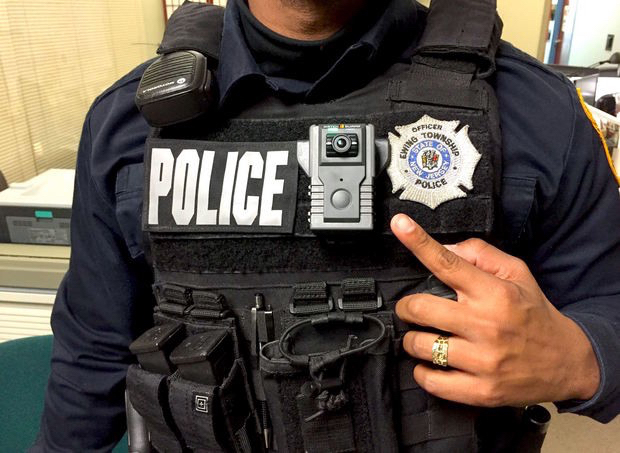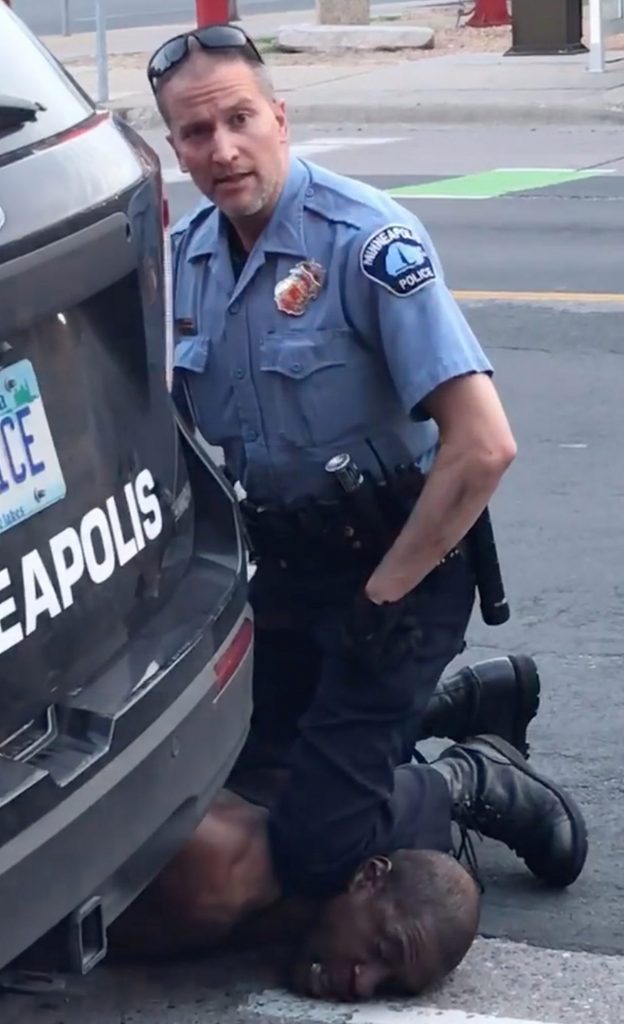
By Orville Williams
Against the backdrop of former Minneapolis police officer Derek Chauvin being found guilty of murdering George Floyd, one political analyst is calling for clarity from authorities in Antigua and Barbuda regarding the filming of police operations.
The incident involving Chauvin and Floyd – which saw the cop kneeling on the father-of-five’s neck for more than nine minutes – was recorded by a teenage witness, Darnella Frazier, whose actions are being praised by many, including US President Joe Biden, for securing valuable evidence in the fight for justice.
Some of those commending Frazier are adamant that had it not been for her, the incident could have been swept under the rug, with no punishment forthcoming for anyone guilty of taking Floyd’s life.
Speaking on Observer AM yesterday, Peter Wickham compared the situation in the US and the Caribbean, and explained the legal differences in America when capturing footage of officers on the job.
“In the United States, it is actually legal to photograph a police officer in uniform for whatever reason. Apparently, the video recording is slightly different, but I’ve always heard it said that you could not take pictures of law enforcement officers in the execution of their duties,” he said.

“This was the decision that they hid behind when it came to filming; now apparently, filming is treated differently legally for some reason.
“I’m not sure of the case in the Caribbean; I know in Barbados, police have also objected to people [filming] and said that they would take away their phones and [destroy them] if they were caught recording them while they were doing their jobs.”
An incident similar to the latter described happened in Antigua within the last couple of months. An officer was recorded apparently chastising someone for filming him while he was carrying out his duties.
This is accompanied by many claims of police brutality and other accusations from members of the public that tend to paint the police in a bad light.
Wickham said he was also familiar with that incident and explained that in preventing issues like this from spiralling, the law needs to make it clear whether members of the public have the right to record the police while they are on the job.
“I saw the video…and it was clear that the police were saying that whoever was recording had no right to record them. I don’t get that part.
“I think the leadership of the police force in Antigua needs to make a clear statement as to what entitlements people have to record or not to record and I certainly think that the Attorney-General and the Prime Minister need to make some kind of a statement regarding that.
“I [also] think there needs to be clarity, where people know I have a right to record a police officer in the execution of his duties and I think that’s entirely reasonable – then, of course you have video footage that may come from other places – but certainly the person with the actual camera, they need to be told.
“I think there needs to be some kind of legal clarification at the level of government and certainly the Attorney General’s office, to say that this is something that could happen in Antigua and Barbuda.”
Wickham also called on law enforcement in the US to assist their counterparts in lesser-developed countries in the Caribbean, to improve their accountability with the use of body cameras. This, he added, would be vital as most societies are already moving in that direction.
“We already have that equipment in Barbados and I think it is used sparingly … Americans always assist us with law enforcement and they’re very happy to do that.
“So, in the same way that they would have helped us to buy guns in the past, I’m hoping that they will help us to buy that type of equipment, to ensure that when our police intervene in St John’s and wherever, they will be given the appropriate equipment to have their conversations recorded.
“Also, whatever they’re doing in the course of their duty is recorded, because that’s absolutely important. In developed or developing societies, for us to have that kind of video evidence, I think it’s going to be standard,” Wickham added.
Observer has reached out to local police and the Attorney General for comment and clarification.
